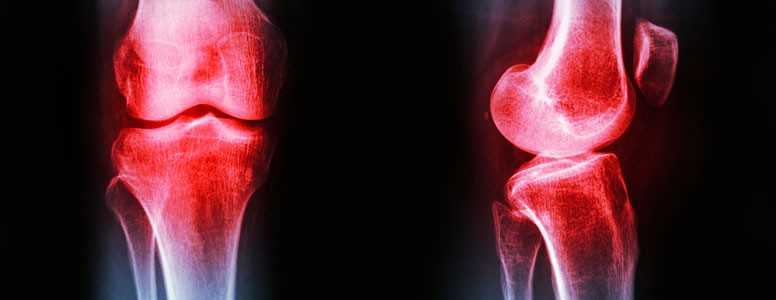Researchers have found that high cholesterol levels may cause oxidative damage to cartilage cells that can provoke their death and the development of osteoarthritis.
The findings could mean that abnormal cholesterol levels, typically seen in metabolic syndrome and related disorders, like type 2 diabetes, not only have implications for heart disease but also affect joint health.
The study, published in the FASEB Journal, shows that high cholesterol levels cause oxidative stress in the mitochondria of cartilage cells, leading to impaired joint function, especially in the elderly.
The mitochondria is a major site of production of free radicals or reactive oxygen species (ROS), and oxidative stress is an imbalance between the production of ROS and the body’s ability to counteract their harmful effects with antioxidants.
The production of reactive oxygen species by the mitochondria isn’t necessarily a bad thing. Some ROS are useful in killing invading pathogens or microbes.
However, these free radicals can sometimes interact with cell components and trigger cellular scavenging mechanisms that lead to cartilage destruction and, ultimately, the development of osteoarthritis.
Specifically, oxidative stress can turn on mechanisms known as senescence, a state of cell cycle arrest, and apoptosis, the cell’s death, that are beneficial to protect against cancer, for example, but promote age-related disorders when it happens to healthy cells.
In joint cells, it can impact the function of certain joint compartments, like cartilage or synovial tissue, and promote their destruction.
Oxidative stress also drives inflammation, which causes further damage to the affected joints, and is what mediates osteoarthritis disease progression.
Previous research has identified different causes of oxidative stress in joints, such as overload, trauma, local intraarticular lesion and consecutive synovial inflammation. According to researchers, high cholesterol levels may be another one.
The scientists, from the Institute of Health and Biomedical Innovation at the University of Technology in Brisbane, Australia, tested whether these effects can be mitigated with antioxidant therapy.
It turned out that giving the cholesterol-lowering drug atorvastatin and antioxidants to mice with high cholesterol levels and lesions from osteoarthritis halted the development of the joint disease in the animals.
Overall, these results provide a new lead for osteoarthritis disease progression and, some clues as to how it can be slowed down. It also reinforces the importance of eating a balanced diet to keep good cholesterol levels.
What's new on the forum? ⭐️
Get our free newsletters
Stay up to date with the latest news, research and breakthroughs.






